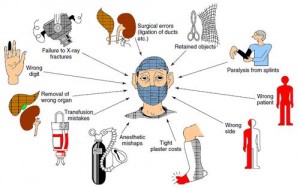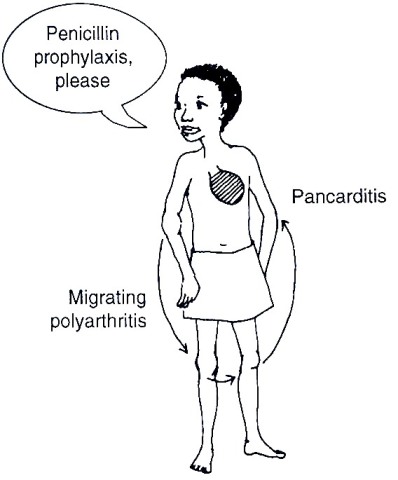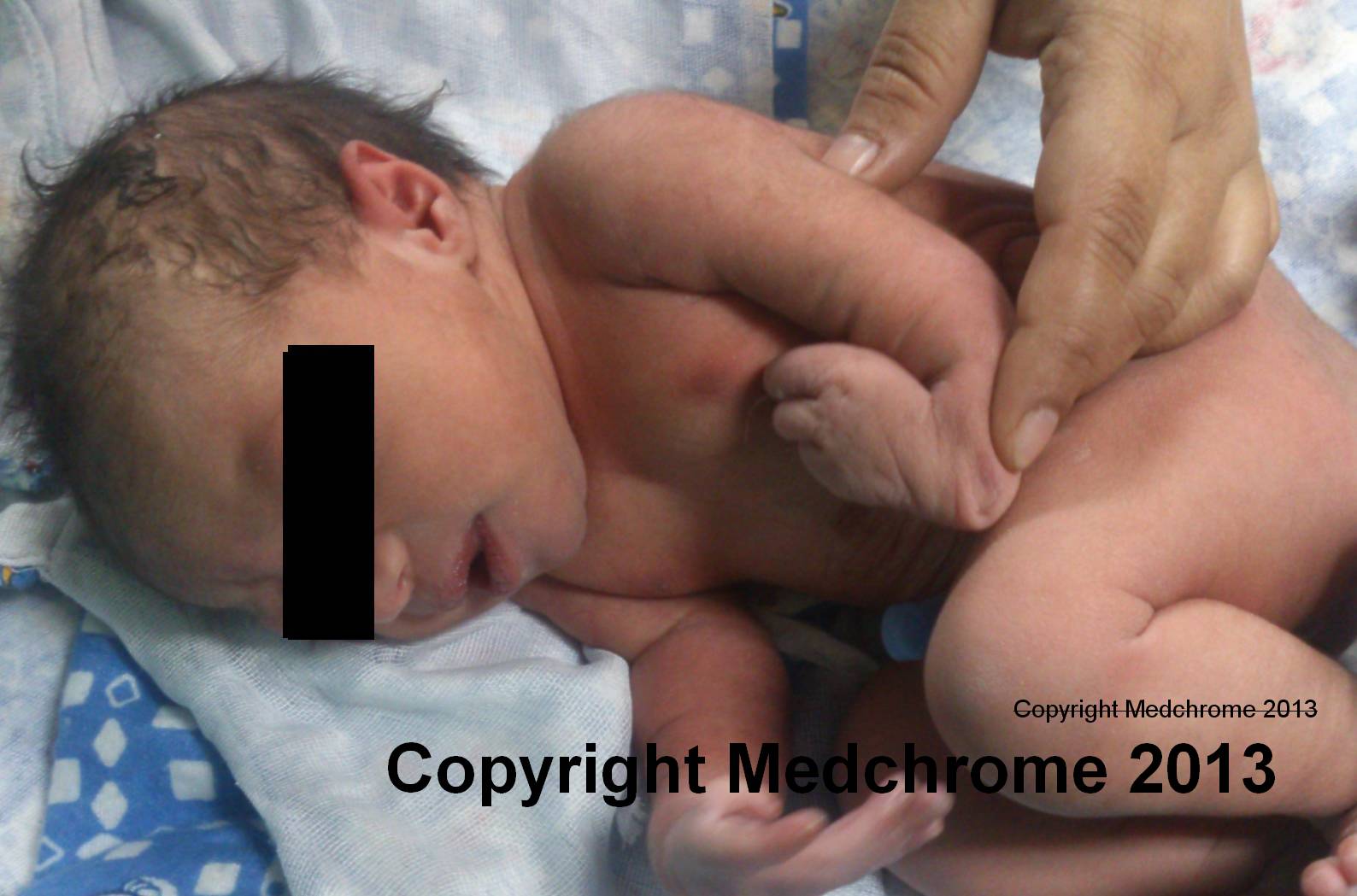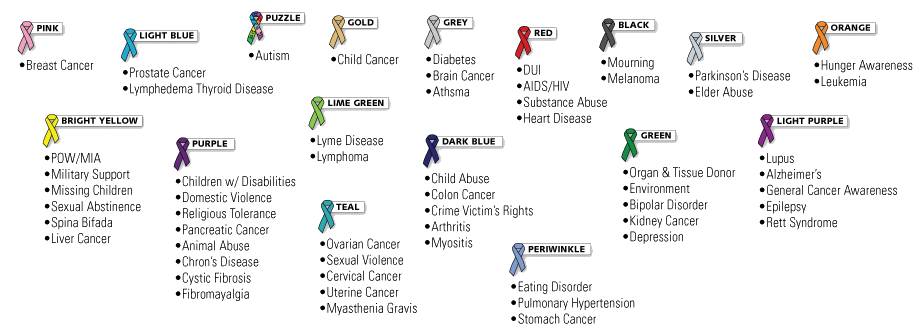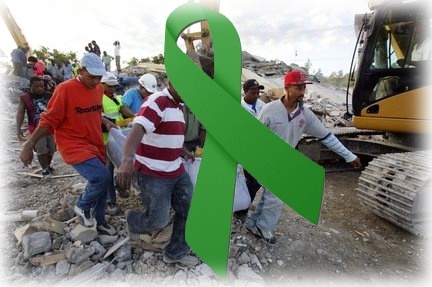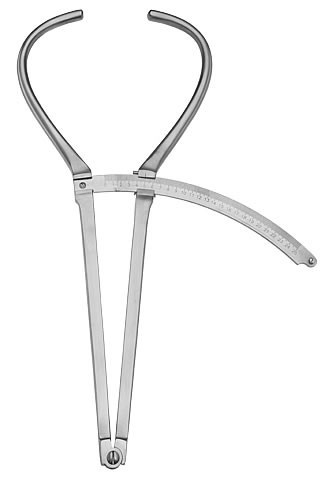Medical Negligence
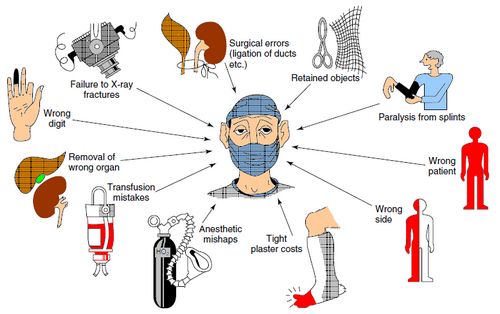
Medical negligence is a ‘breach’ of the standard of care of a medical practitioner in the treatment of a patient, either by omission (failing to do something) or by commission (doing something wrong) which causes physical or mental damage to the patient. In more simple words, medical negligence is a preventable mistake caused by a breach of duty of care. The disciplines that are commonly at special risks are general surgery, gynecology and trauma surgery.
Following criteria must be established for Liability of Negligence:
- Duty: That the doctor (defendant) owed duty of care to the patient (plaintiff); (and)
- Dereliction: That the doctor breached the duty of care by failing to adhere to the standard of expected care (which)
- Direct causation: Resulted in physical or mental damage; (which)
- Damage: Would have been foreseen by a reasonable physician
Degree of Competence:
A junior doctor is not expected to have as much expertise as a specialist but is expected to possess at least the minimum skills tested by the qualifying examinations and, in addition, is expected to apply the level of experience consistent with his or her postgraduate training. It is accepted that doctors cannot be expected to know the details of every single recent advance in all areas of medicine, but the patient can expect a doctor to have kept up to date with major developments in his own and in closely related fields, now often referred to as Continuing Professional Development (CPD).
If a doctor claims to possess superior skill, knowledge, experience or training, he will be judged according to those standards even in its absence. Example: If a General Practitioner treats as a specialist, a case that clearly lies within a specialized medical field, he will be held liable for failure to use skill equal to that of a specialist.
Proof of Breach of Duty:
The standard is the quality that would be expected of a reasonable practitioner in similar circumstances. The responsibility lies on the plaintiff (patient or patient party) to show that a breach occurred and not on the defendant (accused physician) to prove that it did not. The only way to resolve the problem of whether an act is truly negligent is by ‘peer judgements’ i.e. expert evidence of another physician.
The only exception occurs when the facts are clearly obvious that they need no explanation (legally res ipsa loquiter, or ‘the facts speak for themselves); in this situation the doctor is forced, if he can, to provide an explanation for his actions. This enables patient’s lawyers to prove his case without medical evidence. The rule is applied when following conditions are satisfied:
- That in the absence of negligence the injury would not have occurred ordinarily
- That the doctor had exclusive control over the injury producing instrument or treatment
- That the patient was not guilty of contributory negligence
Examples:
- Amputation of one leg instead of another
- Prescribing an overdose of medicine producing ill effects
- Failure to remove swabs during operation which may lead to complications or cause death
Proof of Damage:
Even if the doctor is negligent, patient cannot sue him for negligence if no damage has occurred. If a doctor prescribes some obviously inappropriate or even harmful medicine but the patient refuses to take the medicine, the patient cannot then recover compensation from the doctor because he has suffered no damage.
Defenses of a doctor against charge of Negligence:
- No duty owed to the patient (plaintiff)
- Duty discharged according to prevailing standards
- Contributory negligence (negligence from patient or patient party such as failure to give accurate medical history to doctor, refusal to take suggested treatment, etc.)
- Third party intervention (damage due to 3rd party who interfered I the treatment without his knowledge and consent)
- Reasonable error of judgment
- Therapeutic, diagnostic or experimental misadventure: A physician is not liable for injuries resulting from any therapeutic drug or procedure (proper to disease) unless some negligence on his part contributed to cause the injury
- Res judicata: If a question of negligence against a doctor has already been decided by a Court in dispute between the doctor and his patient, the patient will not be allowed to contest the same question in another proceeding between himself and the doctor
- Res indicate (Limitations): A suit should be filed within certain time from the date of alleged negligence (6 months in Nepal)
- Damage complained is an expected outcome for the particular type of disease suffered
Punishment after establishment of Medical Negligence in Nepal
Article 8:
- During treatment of patient because of negligent act, carelessness or recklessness by the doctor, if the patient suffers some damage or death, the doctor should be punished with: Rs. 500 fine or 2 years imprisonment or both
Consumer Protection Act (COPRA) 2054:
Following activities are prohibited:
- Any consumer goods or services if sold or provided by name of another goods or services or making false belief in quality of goods or services.
- Business activity by making false advertisement or communication about the use, utility and effectiveness of any goods or services
- Production, sale or distribution of goods or services adversely affecting the health of consumer
Article 18:
- Punishment against “1” and “2” conditions above: Rs. 5,00,000 fine or 5 years imprisonment or both
- Punishment against “3” condition above:
- If there is threat to life: Rs. 5,00,000 fine or 14 years imprisonment or both
- If power or function of any organ is impaired: Rs. 5,00,000 fine or 10 years imprisonment or both
- Other conditions: Rs. 5,00,000 fine or 5 years imprisonment or both
Article 22 and 24:
- Provision of compensation (not for imprisonments) through compensation committee in the CDO office
- Can appear to appellate court and higher court if not satisfied with the decision of the committee
NMC act: For ethical negligence
Common Medical Negligence:
- Omitting the necessary treatment
- Insufficient diagnostics
- Delayed reaction to postoperative complications
- Delayed admission to hospital and to ICU
- Complications in/or after surgery
- Intraoperative complications
- Exitus in tabula
- Complications concerning endoscopic complications
- Postoperative complications (bleeding, suture insufficiency, peritonitis)
- Wrong treatment
- Transfusion reaction (Incompatible blood transfusion)
- Telephone diagnostics (Therapeutic recommendations by telephone without visiting the patient)
- Further wrong treatment (Retained instruments)
- Mistake in care
- Insufficient prophylaxis of decubital ulcer
- Insufficient thrombosis prophylaxis
- Wrong positioning during operation
- Adverse drug event, medication errors
- Wrong drug
- Wrong dose
- Wrong application/administration
- Wrong frequency
- Disregarding drug allergy
- Misinterpretation of order given
- Illegible order
References:
- Simpson’s forensic medicine – 12th edition
- The Essentials of Forensic Medicine and Toxicology – 13th edition (K.S.Narayan Reddy)
- Wiley’s Encyclopedia of Forensic sciences – A. Jamieson

